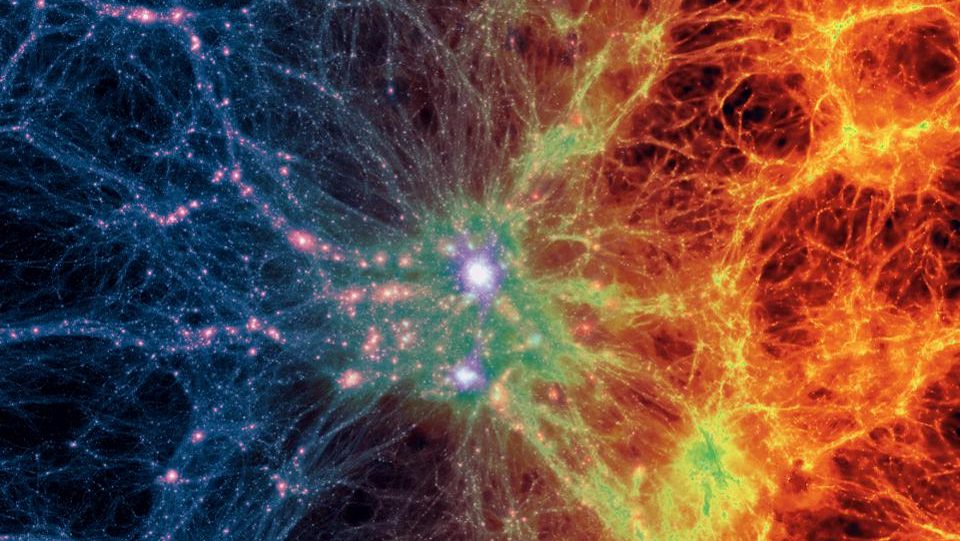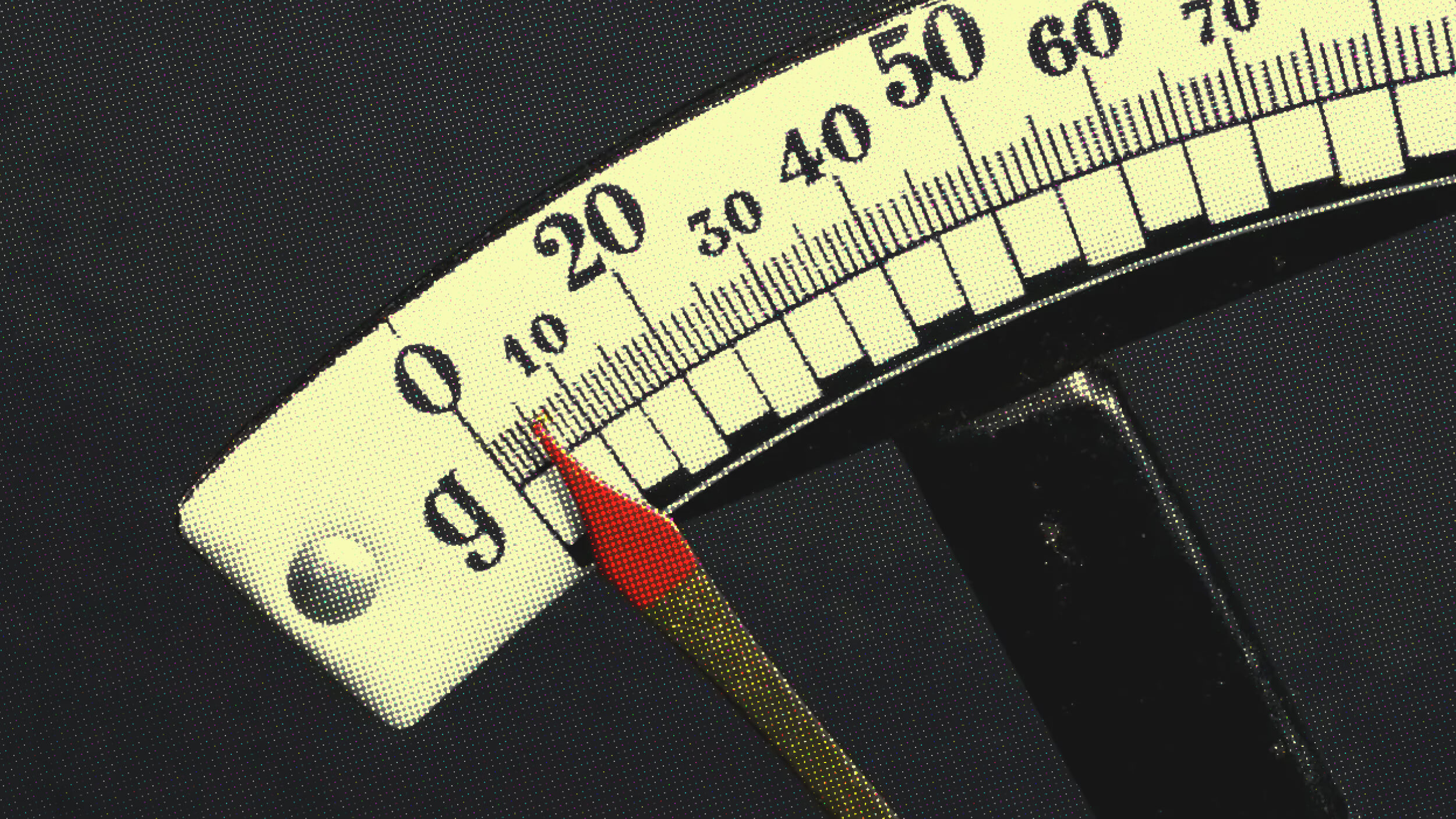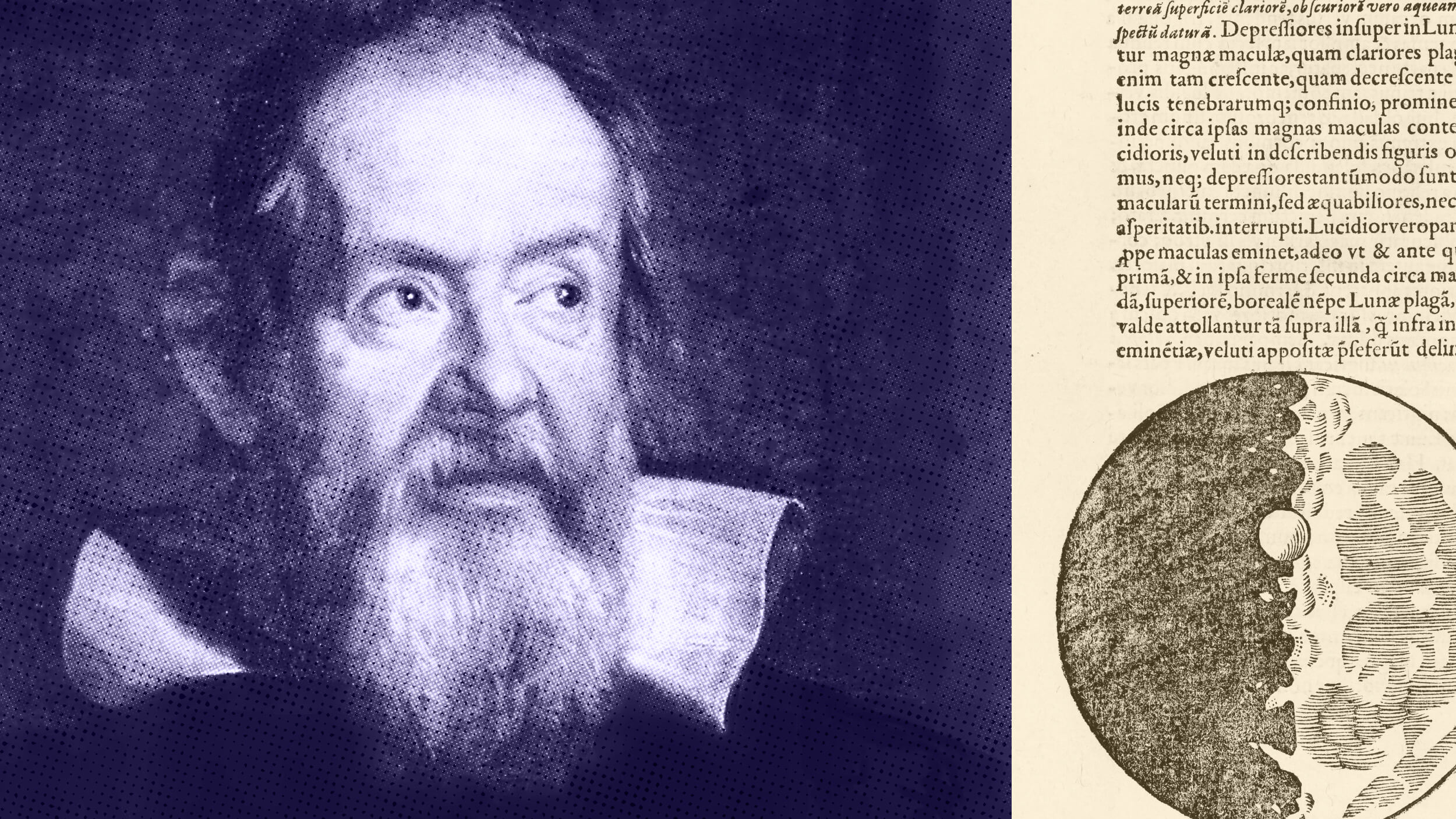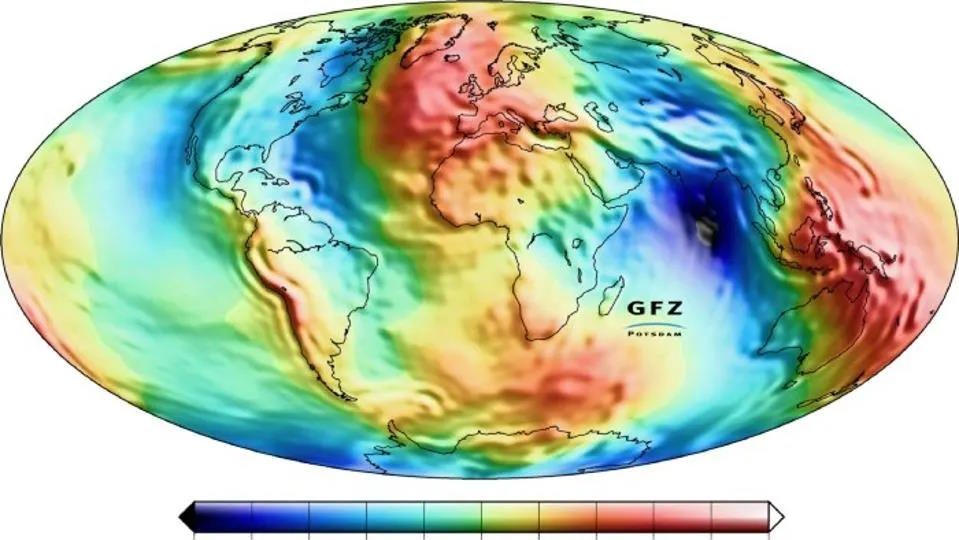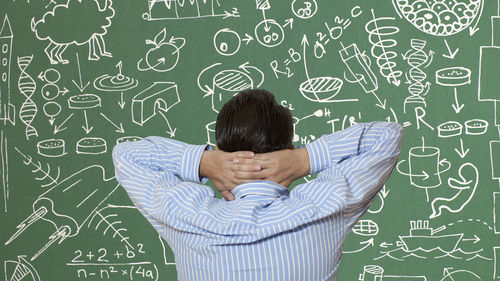Can a Video Game Change Your Life?

What’s the Big Idea?
Up up down down left right left right B A start. Press these buttons in succession while playing any one of the more than 60 video games which recognize it and heavenly rewards will rain down upon you, from extra lives to infinite ammo to full-on God mode. Originally invented as a testing tool by a programmer who couldn’t beat the game he was designing (Gradius), the Konami code has since found a lasting place in the geek lexicon as the cheat-of-cheats. It’s the gamer equivalent of “calling on a higher power.”
But gaming can also teach us to draw on our inner power, says Jane McGonigal, the designer behind Evoke, World Without Oil, and Superstruct. McGonigal’s games don’t come on a CD-rom or cartridge, and you can’t buy them in a store. They’re events — alternate realities that invite players to tackle real world problems through simulation and interplanetary collaboration. “All of these things that are tough and real challenges that we face, that maybe we can face better with that heroic optimism and curiosity that we have when we play our favorite games,” she says.
Watch the video:
What’s the Significance?
We spend a collective seven billion hours a week playing games. Why? We love to be challenged. Games do not deplete us or divert our attention from the more important things in life (what’s more important than having fun?) or cause us to become violent (a myth, according to McGonigal). Rather, they fulfil an innate human need to overcome obstacles and think creatively.
Gamers spend 80% of their time failing — facing loss, fear, and death each time they turn on their monitor or console. But the comparatively low stakes allow them to keep coming back for more until they achieve the sweet taste of virtual victory. “That kind of resilience is probably the number one thing that games cultivate in us when we play them,” says McGonigal.
It’s an encouraging view — McGonigal’s number one goal in life is to see a game developer win a Nobel Peace Prize — and one that’s grounded in her own personal experience. In 2009, she was rushing to finish up a project when she hit her head on an open cabinet door, suffering a mild traumatic brain injury.
For a year, she was unable to read, write, go running, play typical video games, or do most of the things that had given her a sense of identity. She wondered if she would ever think clearly again.
So she turned her recovery into a game. “I started looking for power-ups – things in my real life that would help me feel stronger or get better and [I’d] do them as many times a day as I could. I would identify the bad guys – the things that I couldn’t do anymore that I was supposed to do less of while my brain was healing. And then I would report battles, and did I win or fail, and how tough was the battle today?”
Her allies were her family and friends, who she called to check in with each morning. Slowly, she began to reimagine the devastating loss of her abilities as a quest. Her confidence increased, and with it, her sense of purpose.
First, her mission was simply to get better.
Then she realized that she was never going to “get back to normal.” Nor did she want to. What she wanted was to get back to extraordinary. “I’ve actually been able to make SuperBetter available to anybody else who might want to play it,” she says. “The game is available for free. And what’s been fascinating to me is watching people show up and play it – not just for concussions and brain injuries, but to play it for losing weight, and depression, and anxiety, and quitting smoking, and getting over a bad breakup.”
There’s a reason why we continue to show up and play, despite admonitions to put down the Gameboy and finish our homework. At their best, games make winning seem possible, giving us a glimmer of the kind of promise that is more about seizing the day than hoping for it, the kind of action that is more about creating meaning than increasing productivity.
